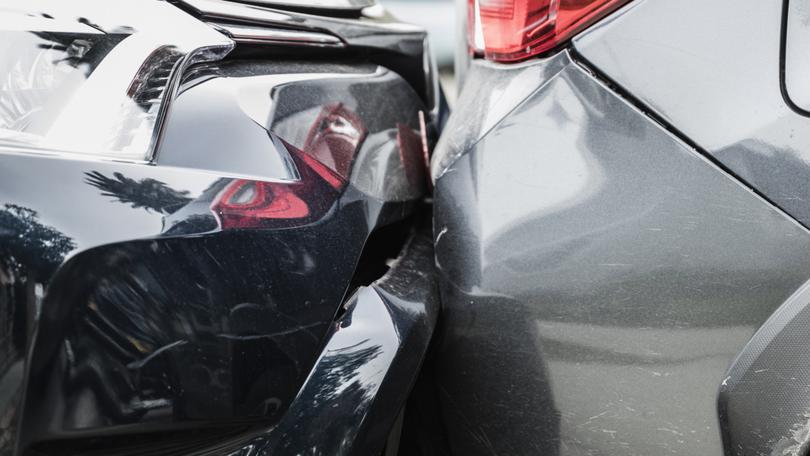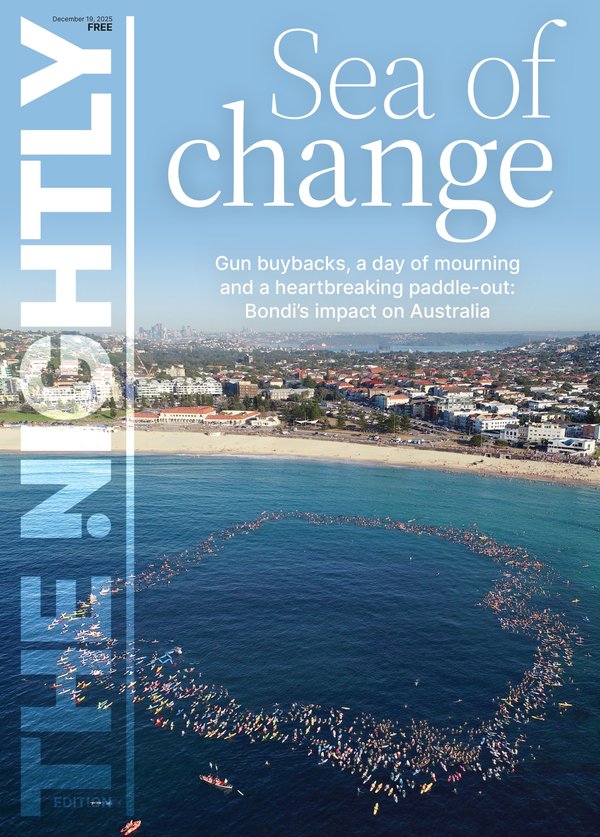Nick Bruining Q+A: The common third-party car insurance mistake tripping up WA drivers

Question
My 17-year-old daughter recently got her driver’s licence and her grandparents generously gave her their second car, which they no longer require.
My father said even though the car is about 20 years old, she should make sure she gets third-party insurance.
Sign up to The Nightly's newsletters.
Get the first look at the digital newspaper, curated daily stories and breaking headlines delivered to your inbox.
By continuing you agree to our Terms and Privacy Policy.I was under the impression that third-party cover was provided via her motor vehicle registration, but someone else has said it is not the same.
Can you please clear up this confusion ?
Answer
Your father is right. Your daughter should take out third-party damage insurance with a private insurance provider.
This is a common misunderstanding exacerbated by the rules operating in other States. In WA, the compulsory third-party insurance included in motor vehicle registrations relates to the third-party injury cover that is administered by an agency of the State Government.
It provides cover for injuries, pain and suffering resulting from a motor vehicle accident. It does not cover your daughter for damage she might cause to another vehicle or to other things such as buildings and road signs.
Her car might only be worth a few thousand dollars but if she is at fault in a collision with a new Mercedes, she will be liable for the cost of repairs.
In essence, there are three levels of insurance cover available.
Comprehensive cover provides protection for almost all events and is the most expensive form of insurance.
Third-party, fire and theft cover would only protect your daughter for damage caused by a fire or if it is stolen.
The base level is third-party damage only. Typically, this will cost about $350 a year.
If she remains accident-free while having this cover, the time will count towards building her no-claim bonus.
When she eventually upgrades her car and wants to take out comprehensive cover, she will probably qualify for the maximum no-claim bonus.
Question
I am 64 and my partner is 66. Last year, she was involved in a serious traffic accident and badly injured. She will need continuing care in our home.
In the next few weeks, she is likely to receive a payout of several hundred thousand dollars. We will use a large amount of the money to repay what is left on our mortgage.
To look after her, I will have to stop work. With what’s left from the payout and my super, I plan to start a pension scheme.
Even though the payout is substantial, I am concerned we will have inadequate income to meet our needs.
Do you have any suggestions?
Answer
Your plan to pay out the mortgage is an excellent idea and will reduce your outgoings considerably.
It is highly likely your partner would meet the criteria to qualify for the disability support pension and then the age pension when she reaches 67.
The amounts received from Centrelink may be affected by the portion of the payout attributable to lost wages.
As she needs continuing care, it is very likely you would also qualify for the $153.50-a-fortnight carer’s allowance and the carer’s payment. The latter is paid at a similar rate to the DSP.
Because the carer’s payment and DSP are subject to means-testing, you might consider placing all or some of the leftover money into a super fund in your name. That money would be disregarded for means-test purposes until you reach 67.
This could mean a combined annual income of nearly $49,000 a year from Centrelink alone.
Because you are over 60 and will have satisfied a condition of release by stopping work, you could also access your newly contributed super if required.
In effect, you could top up the Centrelink pension with withdrawals from super. Be aware that when you reach 67, the money in your super will be fully assessable.
Nick Bruining is an independent financial adviser and a member of the Certified Independent Financial Advisers Association
Originally published as Nick Bruining Q+A: The common third-party car insurance mistake tripping up WA drivers

